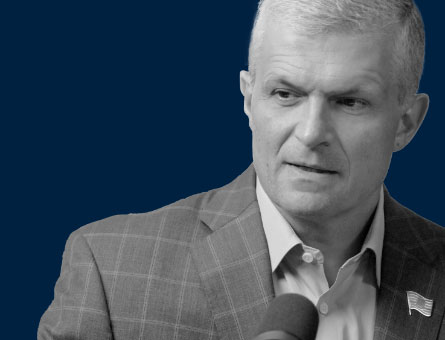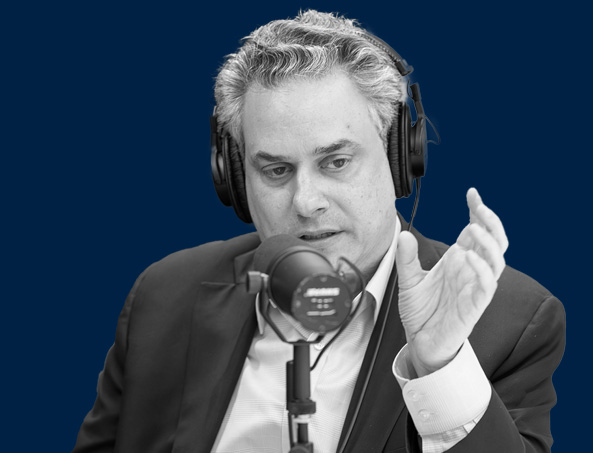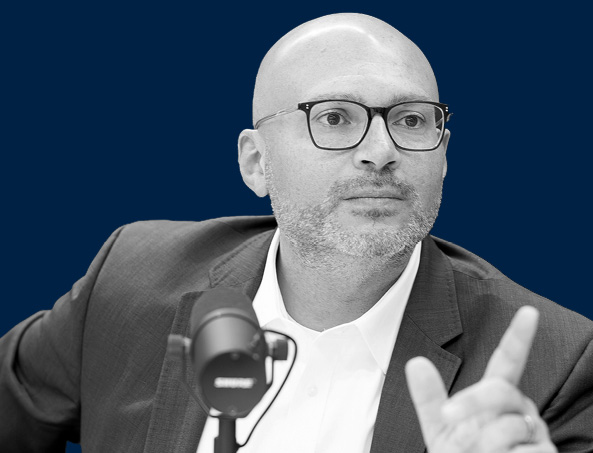Published May 22, 2023 | 3 min read
Key Points
- Greater levels of regulatory scrutiny mean firms are favoring smaller deals, spin offs and bolt-on acquisitions as they seek to deploy over a trillion dollars of cash on their balance sheets.
- Healthcare firms that benefitted from government COVID support are using that cash to drive M&A, with a greater focus on the long-term pricing impact of small molecules and biologics.
- Sponsors are looking for creative financing routes to unlock opportunities for owning bigger enterprises in partnership with strategics.
- Management and boards need to be prepared to think creatively about bridging valuation gaps and packaging proposals as M&A activity ramps up in H2.
Smaller deals in favor as sponsor activity drives Healthcare M&A
David Levin: Antitrust and the current environment we're operating in with the FTC is putting any thought of a large cap merger out of play. As boards consider deals, it's more about bolting on products and platforms that fit and can drive growth. It's taking longer for deals to get done but it's not stopping them from happening.
Ahmed Attia: You're seeing businesses both large and small consider spin-offs, divestitures and carve outs. The financial sponsor community has over a trillion dollars of capital on their balance sheets, which middle market firms with a focus on healthcare are anxious to deploy. We believe that’s going to drive a lot of M&A activity in H2 this year.
Firms leveraging government support to drive M&A
Andrew ‘Cal’ Callaway: Government support was a huge benefit to many large cap companies who participated in not only covid vaccines, but also in therapeutics. With growth beginning to wane, you're going to see those participants use the cash sitting on balance sheets to aggressively chase new opportunities across the board. On the therapeutic side people are changing how they think about the long term for many of these programs; small molecules could have meaningful pricing impact nine years out and biologics 13 years out.
Ahmed Attia: Interestingly, the financial sponsor community has been able to outcompete strategics for assets in select sectors. We're seeing that dynamic across the board, especially in pharma services around CRO assets, CDMO assets, and some select HCIT assets and large platforms; because of the capital that’s out there to be deployed.
Sponsors exploring creative financing to leverage larger deals
David Levin: In life sciences, sponsors have shifted their focus away from specialty pharma and generics to focus on areas such as Consumer Health, OTC or CDMO. And they've put expertise onto their teams to build these life sciences funds. It's less of a traditional M&A acquisition model and more of a creative financing model.
Ahmed Attia: Sponsors are looking for very specific creative, differentiated angles to unlock opportunities, where they could ultimately own a bigger enterprise in partnership with strategics; enabling sponsors to deploy their capital.
Andrew ‘Cal’ Callaway: Private equity has benefited from having access to direct lenders as they think about existing portfolio company additions or smaller transactions. Large cap private equity is struggling to access the institutional market, but as that market begins to open up, we're going to see a wave of pretty sizable transactions of £10 billion and above.
Businesses should prepare for robust M&A in H2
Andrew ‘Cal’ Callaway: My advice to firms in a more robust M&A market is be prepared and know what you want to do, because these opportunities are going to come fast and furious. You need to make sure you have your ducks in a row from a management board perspective.
Ahmed Attia: Businesses should think creatively about M&A in terms of structures that can bridge valuation gaps in terms of back-end mechanisms to address the topic of valuation. They should also think creatively about financing and consider how to package a fulsome proposals.
Vito Sperduto: You need to make sure that you've got a really strong team around you, because deals are going to take longer and there's going to be more work that needs to be done with the regulators.



